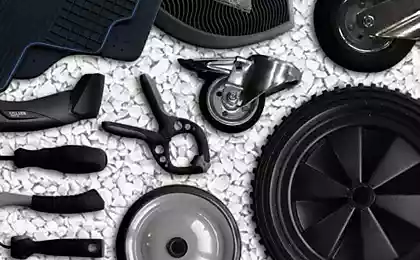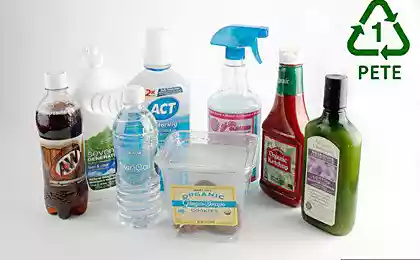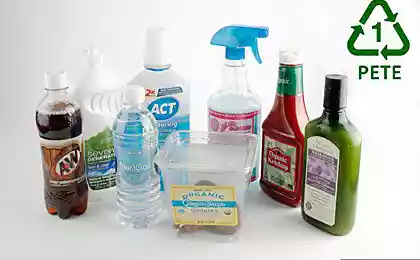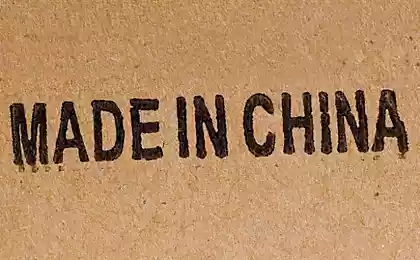894
Recycling gadgets
Welcome. Today we would like to raise the issue, which is not very popular among both producers and users. This is a topic shredder and obsolete electronics. Any device sooner or later breaks down or becomes unnecessary, and it appears in a landfill. In some countries and caring citizens executive rent old equipment for recycling, believing that by doing so they do not pollute the world. Alas, in the best case, they do not pollute unless their country, just e-waste trafficked overseas . Of course, some of the still goes to recycling, but very small.
A sale of phones, smartphones, tablets and other gadgets still growing. Now they are joined by the clock, on the approach of virtual reality glasses. And all of this equipment contains about a third of the periodic table. About Of what is our gadgets and how well they are recyclable, read our переводе.
By the end of this year all over the world will be sold around 1.8 billion mobile phones. And just a few years, about 44% of them will roll unnecessary. Roughly the same proportion will be resold in the secondary market, and 4% will be in the dumps. And only 3% will be handed over for recycling.
This depressing statistics provided by Hywel Jones (Hywel Jones) from the University of Sheffield Hallam ( Sheffild Hallam University ). On average, modern mobile phone contains about 300 mg of silver and 30 mg of gold. The concentration of gold in the phone 50 times higher than in the ore in the mine. Alone these two metals for the current year will be used for 2, $ 5 billion.
In general, our phones consist of about 40 chemical elements . And only 17 of them can be recycled at best 95%, even on such complex plants with melting shops and electrolysis as a giant plant Umicore a > Antwerp, Belgium. In developing countries, where it is often used manual dismantling electronics recycling rates are much lower, and is accompanied by an increased risk of poisoning by various hazardous substances, including heavy metals and acids.
In an effort to prevent the growth of this problem, private technology firms are developing systems that will help easier, faster and less harmful to recycle mobile phones. At the same time, scientists are hoping that architecture, increasing the lifespan of devices - such as phones with interchangeable modular block components - allow at least drastically reduce the number of devices lying around unnecessary for drawers, shelves and tables around the world.
However, some market analysts are skeptical about the viability of some radical approaches, looking very contrived and pretentious. «A lot of crazy" revolutionary "and" breakthrough "technologies are just a loss of money, which is very typical for areas where run by governments and corporations» i>, the director of research of the company . Complete processing of all materials used in phones is a large and complex problem that requires finding solutions on the part of a considerable number of disciplines. To create this technology requires close cooperation between chemists, engineers, designers and businessmen.



















